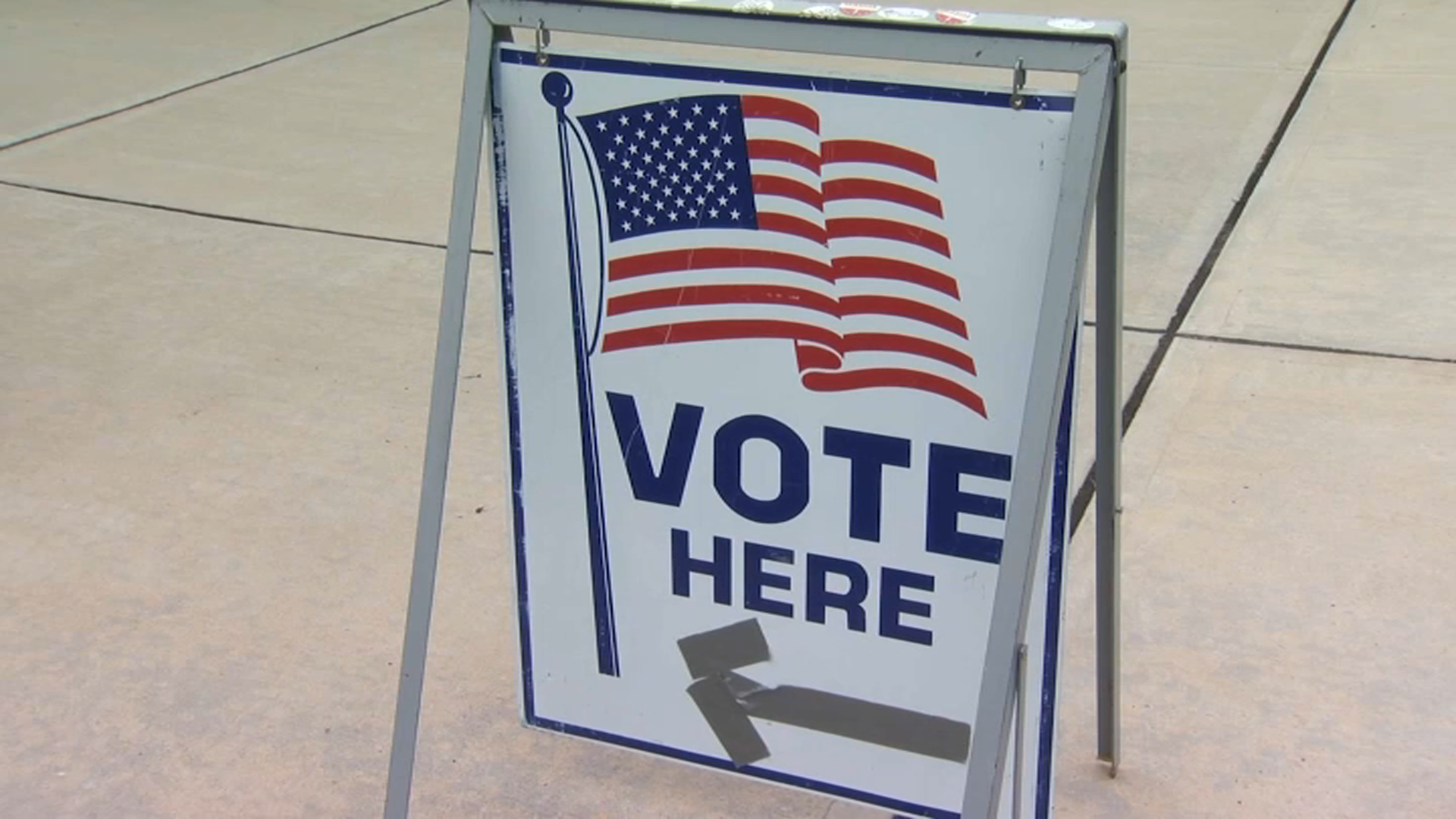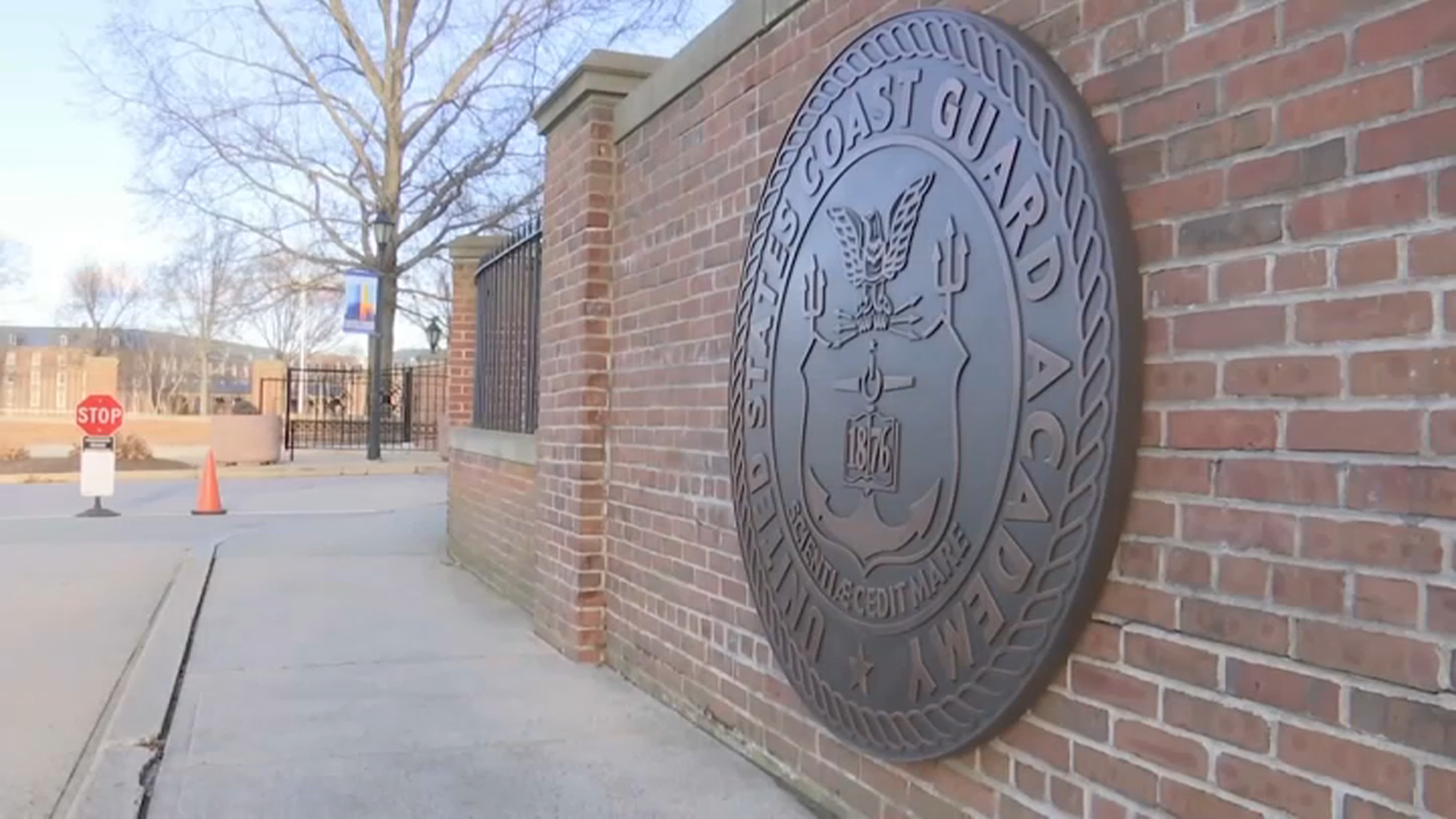The reviews from the legislative session are coming in from the groups and agency that lobby for their causes at the State Capitol. Chris DiPentima, president & CEO of the Connecticut Business and Industry Association, weighs in on what he sees as the wins and losses for the business community.
Mike Hydeck: Overflowing budget reserves; solid bond rating on Wall Street; tens of thousands of people moving to our state. Is Connecticut finally a good place to do business after years of having the exact opposite reputation? And did lawmakers make it any easier or more challenging in the short legislative session? Connecticut Business and Industry Association boss is here, keeps an eye on the bills. Chris DiPentima, thanks for joining us. What's your opinion of the session as we hit the gavel and finish this week?
Chris DiPentima: Yeah, all sessions I have mixed results. I think we took a little bit step of sideways this session. There wasn't as much pro business legislation as we saw last year. There was mandates passed that really are gonna I think, hurt the business community. There was some one time spending that may be going to reoccurring costs that we're gonna have to deal with next next session when the biennium budget comes up again. But it's still a good climate for the business community. There's still conversations happening at the Capitol with business communities being brought in and we've got some nice economic tailwinds that we need to go forward from, but we just took a bit of a step sideways this session.
Mike Hydeck: Right, right. So one of the things that was kind of a push back, the state was talking about creating a fund for workers, low income workers who go on strike. Some Republicans stepped forward, Senator Harding among them, said, 'Look, we shouldn't be subsidizing this. This should go between the worker and the union or the worker in the company.' What are your thoughts on it?
Get Connecticut local news, weather forecasts and entertainment stories to your inbox. Sign up for NBC Connecticut newsletters.
Chris DiPentima: Yeah, that was a terrible bill. I mean, the unemployment for tracking workers bill was terrible to begin with, because you just shift the balance of negotiation to a very balanced one now, which is why we don't see a lot of strikes. We see very quick collective bargaining happening, to one that would favor the employees and favor employees striking because they would have this safety net. We took the trust fund away from them, the unemployment trust fund, and then put in the taxpayer dollars with this bill that never got a public hearing, never went through committee, was brought up at the last second. And I know the governor said he's going to veto it and we're gonna call on him to veto it. It's just not the right use of taxpayer dollars.
Mike Hydeck: So to play devil's advocate, like some of the health care workers, SEIU among them said, Look, we're out on the line. Some of our nurses don't get paid a lot. We need some assistance. You don't think that's the right move for them?
Chris DiPentima: No. Usually the organized labor pays into a striking workers fun so then the union should be compensating those employees when they do go out and strike, and hopefully we don't have a situation where they need to.
Face the Facts
Face the Facts with NBC Connecticut goes beyond the headlines, asking newsmakers the tough questions, giving an in-depth analysis of the big stories.
Mike Hydeck: One of the things that was getting bipartisan support and actually has for a while now was smaller businesses being able to pool their possibility of buying insurance together so they could bring the cost down. Why do you think that stalled?
Chris DiPentima: I think politics above policy, quite honestly. I think it's a great policy. We're seeing it in red, blue, and purple states where small businesses could get pulled together to look like one big business, and then leverage that to lower their health insurance costs. And we need it critically in Connecticut. We just heard again this week of another insurance company pulling out of the small group…
Mike Hydeck: Cigna.
Chris DiPentima: Cigna, right, of the small group fully insured market, leaving us with only two carriers in our state. And this is a bill that would have probably had the most wide ranging impact of any bill being debated. Probably would have impacted about 750,000 employees of small businesses, and really helped lower the cost of for those employees, as well as the businesses. But the politics got above it. People who support public option and government run health care kind of trumped over having this bill put forward and a vote on it.
Mike Hydeck: Seems it gained steam. It'll be interesting if it comes up again. So nearly a billion dollar budget surplus forecast for next year shocked a lot of lawmakers. They said, whoa, again? They literally said that on TV in some of our sound bites, which was interesting. Are we, some say we're saving too much at the expense of mental health programs and higher education, others. Keep the guardrails the same? Should they be adjusted in any way? Should we just have a billion dollar surplus as we keep going down down the road? What do you think?
Chris DiPentima: Yeah, I mean, we didn't go up there and advocate for tax relief when we could have and said, 'Hey, tax relief for the business community in exchange for working around the guardrails.' But the business community really believes the guardrails are working the way they should be. Yes, we're saving money. But if you look at that money, it's not going into some piggy bank somewhere, it's paying down long term obligations, which we have a significant amount of hanging over our head for the next 20 or 30 years. Tens of billions of dollars. And that's giving the state this fiscal stability, if you will, that gives businesses confidence to invest and come here and not be worried about deficits and tax hikes that we saw from 2008 to 2018. So we've got to maintain the guard rails, we've got to continue to look at them to see are they working the right way? Should we make some slight adjustments to them? But in theory, they worked well this year.
Mike Hydeck: So are businesses happy with the effort, you and I've talked about this before, with the efforts to try to help fill some of these 80,000-90,000 jobs as far as getting people trained to get to them? I mean, we have so many. We've talked before. Electric Boat advertises during the Super Bowl. I mean, that's not a cheap ad to buy. They need people. Are we making any progress?
Chris DiPentima: We did. We are and we did this session. I think we continue to make progress. We now have as many people looking for work as we have job openings. And that's only changed over the last couple of months. For many years, we had for every one person looking, we had two job openings. So we've closed that gap. And this session on the positive side, we passed some really good legislation around childcare, to get more accessible, quality, affordable childcare. To help get people back to work, primarily women who bear that brunt of domestic support. Happy Mother's Day to all the moms and my mom out there. And also on education side, we passed a great bill that will allow folks who've retired from private sector to be able to come back in a more expedited way to teach to really solve the teaching gap. So I think there's some great legislation on childcare and education that are continuing to help with the workforce development crisis that we have.
Mike Hydeck: It's going to be interesting to watch and hopefully we get more people back to work and childcare they need and everything. Chris, we appreciate your time.



